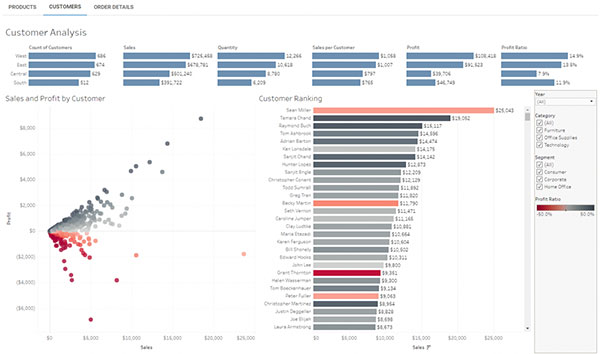
Custom dashboards in your marketing automation platform are an essential tool for achieving a personalized and streamlined way to visualize and analyze key metrics. They empower you to monitor your campaigns, track progress, and make data-driven decisions with confidence.
What Are Custom Dashboards?
Custom dashboards are tailored interfaces within your marketing automation platform that allow you to display and interact with the specific data that matters most to your business. Unlike pre-built dashboards, which offer a general overview of standard metrics, custom dashboards let you choose the KPIs, charts, and reports that align with your unique marketing goals and strategies.
Whether you’re focused on lead generation, email marketing, social media engagement, or sales conversions, custom dashboards provide a centralized view of your most critical metrics. This enables you to quickly assess performance, identify trends, and take action to optimize your marketing efforts.
Benefits of Custom Dashboards
- Personalized Insights: Custom dashboards allow you to focus on the metrics that are most relevant to your business objectives. By selecting the data points that align with your goals, you can gain deeper insights into your campaigns and identify areas for improvement.
- Real-Time Data Visualization: With custom dashboards, you can view real-time data in a visually intuitive format. This immediate access to up-to-date information enables you to respond quickly to changes in campaign performance, adjust your strategies on the fly, and capitalize on new opportunities as they arise.
- Enhanced Collaboration: Custom dashboards can be shared with team members, stakeholders, and executives, ensuring that everyone has access to the same information. This transparency fosters collaboration and alignment across departments, helping your team work together more effectively to achieve your marketing goals.
- Improved Decision-Making: By providing a clear and concise view of your most important metrics, custom dashboards make it easier to spot trends, measure ROI, and assess the effectiveness of your campaigns. This clarity leads to better, faster decision-making, helping you stay ahead of the competition.
- Efficiency and Time Savings: Custom dashboards eliminate the need to manually compile and analyze data from multiple sources. Instead of spending hours gathering and formatting reports, you can access all the information you need in one place, freeing up time to focus on strategy and execution.
Key Elements to Include in Your Custom Dashboard
When creating a custom dashboard for your marketing automation platform, consider including the following key elements:
- Lead Generation Metrics: Track the number of new leads generated, their sources, and their progression through the sales funnel. This data helps you understand which channels and campaigns are driving the most qualified leads.
- Email Marketing Performance: Monitor open rates, click-through rates, bounce rates, and conversion rates for your email campaigns. Understanding these metrics will help you optimize your email content, timing, and targeting.
- Campaign ROI: Calculate the return on investment (ROI) for your marketing campaigns by comparing the cost of each campaign to the revenue it generates. This metric is crucial for determining the overall effectiveness of your marketing efforts.
- Social Media Engagement: Track likes, shares, comments, and follower growth across your social media platforms. These metrics provide insights into how well your content resonates with your audience and drives engagement.
- Website Analytics: Include key website metrics such as traffic, bounce rate, average session duration, and top-performing pages. Understanding how visitors interact with your website helps you optimize user experience and increase conversions.
- Sales Conversion Rates: Measure the percentage of leads that convert into customers, broken down by campaign, channel, or sales stage. This data helps you identify bottlenecks in your sales process and refine your lead nurturing strategies.
- Customer Lifetime Value (CLV): Track the projected revenue from a customer over the entire duration of their relationship with your business. CLV helps you understand the long-term value of your marketing efforts and prioritize high-value customers.
Greater Flexibility
Custom dashboards are a powerful feature of marketing automation platforms that give you the flexibility to monitor and analyze the data that truly matters to your business. By tailoring your dashboards to your specific goals, you can gain valuable insights, improve collaboration, and make better, data-driven decisions. Investing the time to create and refine custom dashboards will pay off in more efficient operations, optimized campaigns, and, ultimately, greater marketing success.



